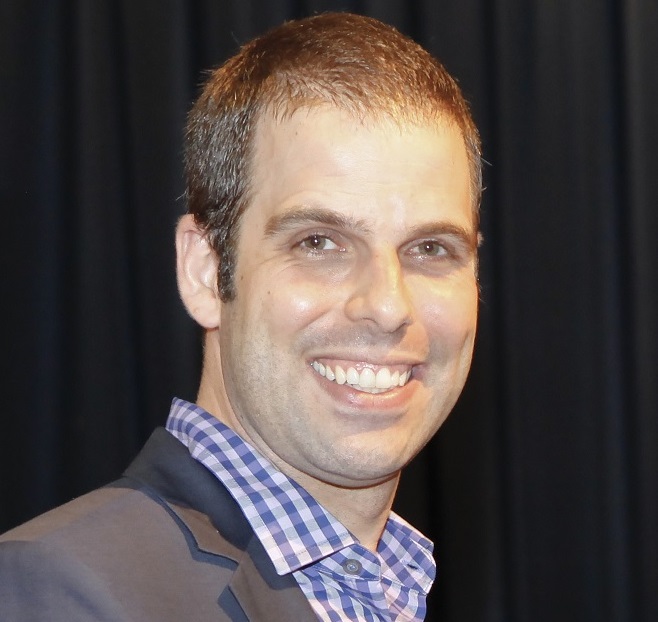
PROJECT SUMMARY:
Glioblastoma (GBM) is a devastating primary brain cancer that affects around 800 Australians annually. Despite surgery, radiotherapy and chemotherapy, 1 in 2 people diagnosed with GBM will not survive for more than 14 months. The short life expectancy among patients highlights the need for novel therapies. One possible therapeutic strategy, to complement the current treatment, may be to focus on the glial origin of GBM. Glial cells are essential for normal brain development and function, as they play important roles in regulating synapse formation and function as well as supplying nutrients to neurons. GBM tumours originate from these cells. If we can reactivate the glial differentiation program that normally drives the production of glial cells in the brain, we can potentially induce the differentiation of cancer cells and prevent further tumour growth.
One family of genes required for normal glial biology is the Nuclear Factor One (NFI) transcription factor family. Transcription factors are master regulators of gene expression, thereby coordinating the expression of other genes during processes such as proliferation and differentiation. In GBM, these genes are commonly deleted or mutated. As the NFI genes drive the differentiation of glial cells during brain development, they may act as tumour suppressors in GBM. NFI expression directly correlates with clinical outcome (less NFI = shorter patient survival) and for the gene NFIB, decreased gene copy number is associated with adverse disease progression and clinical outcome. We found that re-introducing NFI in GBM cells stops cancer cell division and promotes the transition of these cells into normal glial cells, effectively reversing the cancer. Here, we propose that activating the NFI pathway may provides a novel complementary strategy for treating GBM.
In this proposal, we will test the hypothesis that activating NFI in primary GBM tumours both stops their growth and reverses the cancer. Briefly, primary tumours resected from human patients will be grown in mice. Grafted tumours will be treated using NFI-expressing DNA constructs. The effect of the treatment will be analysed by staining the tumour cells with suitable differentiative and proliferative markers and comparing them to control tumour cells. Together, these experiments, in a pre-clinical mouse model, will determine if targeting NFI gene family is suitable for the treatment of GBM.



 The Brain Foundation is the largest, independent funder of brain and spinal injury research in Australia. We believe research is the pathway to recovery.
The Brain Foundation is the largest, independent funder of brain and spinal injury research in Australia. We believe research is the pathway to recovery.